The Late September Fantasy Magazine Rack
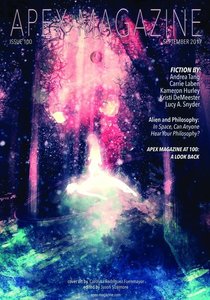 |
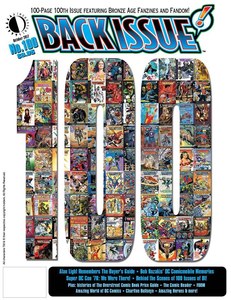 |
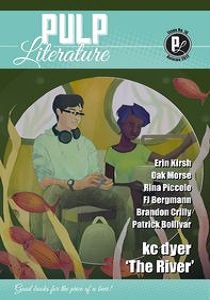 |
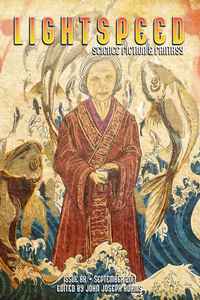 |
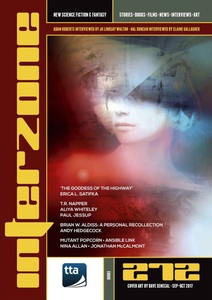 |
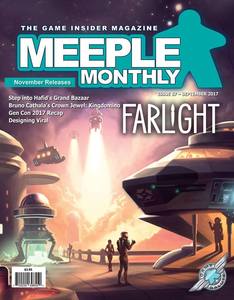 |
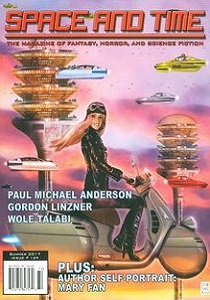 |
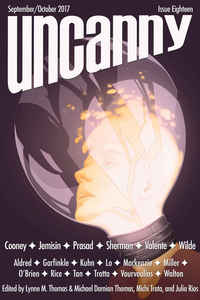 |
I know, I know. We’re in October already. But I’m still not finished with all of September’s great magazines yet. Here are the ones that grabbed my attention in the last half of the month (links will bring you to magazine websites).
Apex Magazine — Issue #100, with new fiction from Andrea Tang, plus reprints by Kameron Hurley & others
Back Issue #100 — our second issue #100 this month is a 100-page centennial featuring Bronze Age comic fanzines
Pulp Literature — with a story by Black Gate blogger Brandon Crilly!
Lightspeed — new fiction from Tony Ballantyne, Timothy Mudie, and others
Interzone — Aliya Whiteley, Paul Jessup, T.R. Napper, and Erica L. Satifka
Meeple Monthly — covering November board game releases
Space and Time — new fiction from Paul Michael Anderson, Gordon Linzner, and others
Uncanny — great new stuff from N. K. Jemisin, Fran Wilde, Catherynne M. Valente, Delia Sherman — and our very own C. S. E. Cooney!
That’s not all, of course. Earlier this month Fletcher Vredenburgh checked in with his September Short Story Roundup, featuring the latest issues of Cirsova and Swords & Sorcery magazine.
Click any of the thumbnail images above for bigger images. Our early September Fantasy Magazine Rack is here.
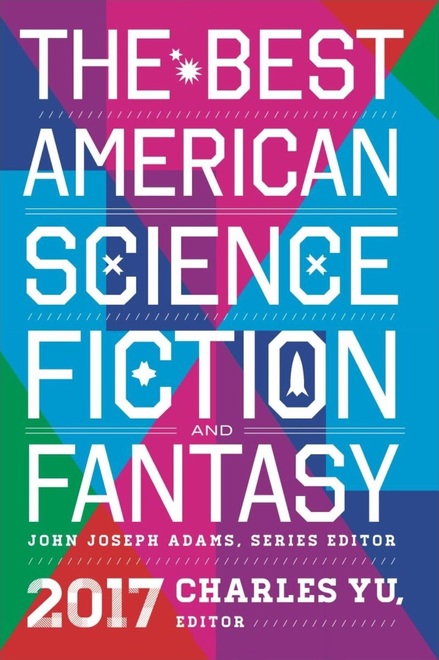
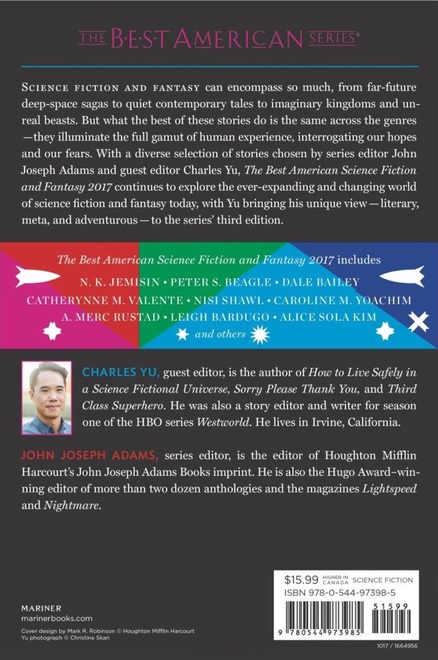

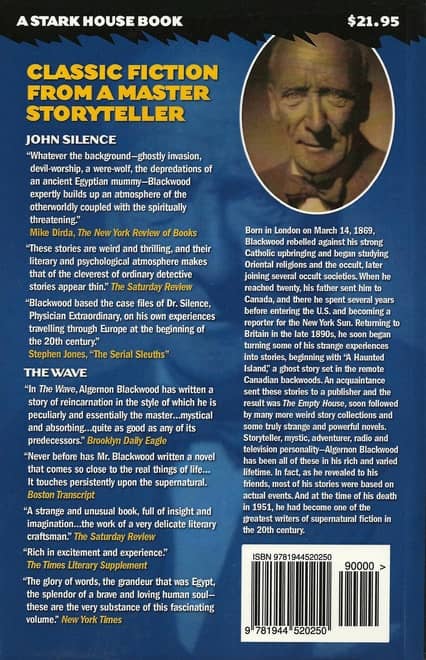
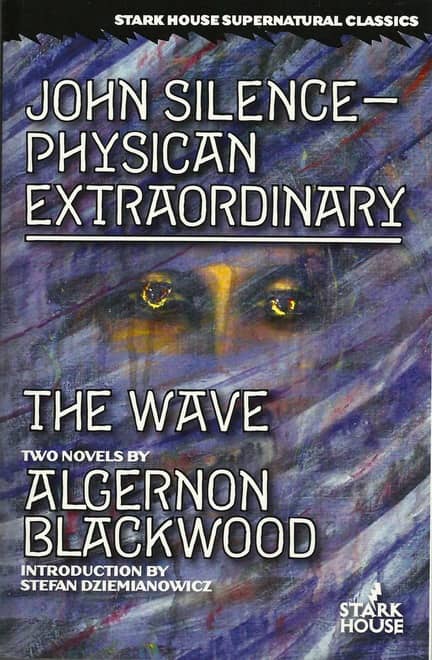
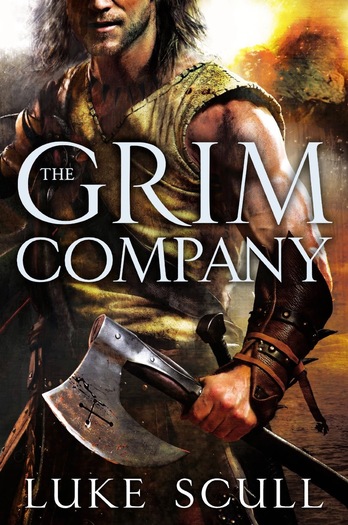
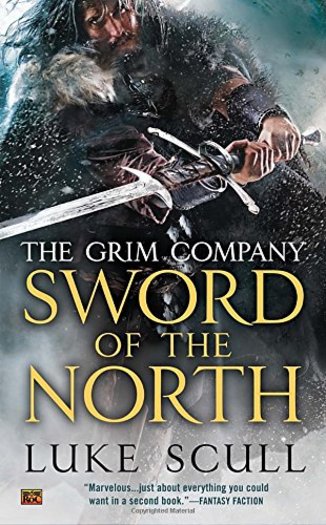
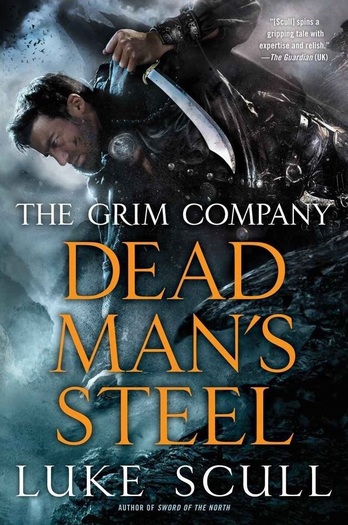
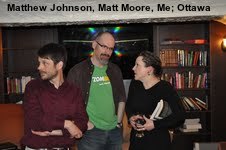 Like most other writers, I’ve given all kinds of readings, from story books to pre-schoolers (supporting early literacy) to academic papers on 18th-century pastoral poetry (supporting my academic career). I’ve had everything from great experiences (the kids really liked the animal noises) to eye-rolling ones (someone should have told the hotel hosting the NEASECS Conference that we would need lecterns) to amazing ones (people turned out at 8:30 on a Saturday morning to hear about the georgic).
Like most other writers, I’ve given all kinds of readings, from story books to pre-schoolers (supporting early literacy) to academic papers on 18th-century pastoral poetry (supporting my academic career). I’ve had everything from great experiences (the kids really liked the animal noises) to eye-rolling ones (someone should have told the hotel hosting the NEASECS Conference that we would need lecterns) to amazing ones (people turned out at 8:30 on a Saturday morning to hear about the georgic).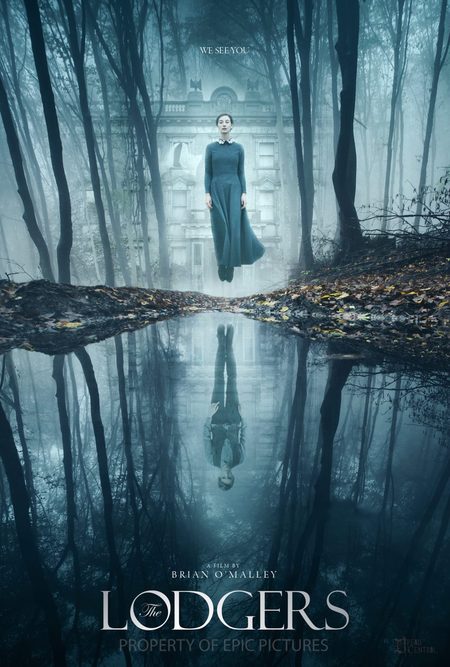

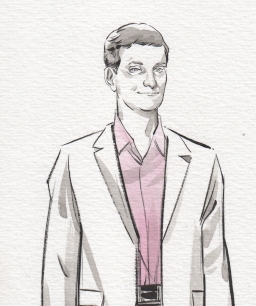 Grady Hendrix is a man who knows his horror. I saw him speak about horror paperbacks from the late 60s through the early 90s at the Fantasia International Film Festival, where he previewed his then-upcoming book Paperbacks From Hell. His passion and knowledge were clear at once. So was his wit — he clearly took these books seriously, but also knew when to take them lightly. His presentation was a powerful and slightly manic guide to a weird world of which I’d known nothing: a paperback world of mutilated dolls, of killer clowns, of diversely-talented skeletons, and, of course, of
Grady Hendrix is a man who knows his horror. I saw him speak about horror paperbacks from the late 60s through the early 90s at the Fantasia International Film Festival, where he previewed his then-upcoming book Paperbacks From Hell. His passion and knowledge were clear at once. So was his wit — he clearly took these books seriously, but also knew when to take them lightly. His presentation was a powerful and slightly manic guide to a weird world of which I’d known nothing: a paperback world of mutilated dolls, of killer clowns, of diversely-talented skeletons, and, of course, of 